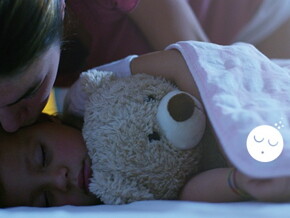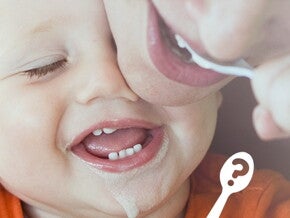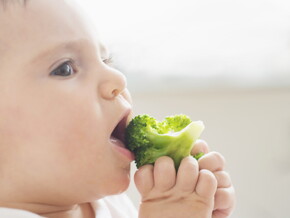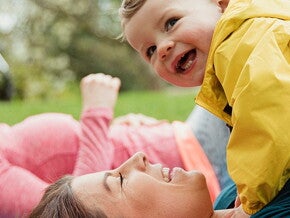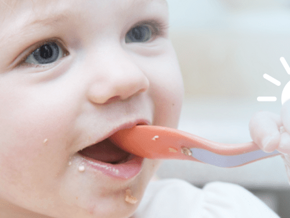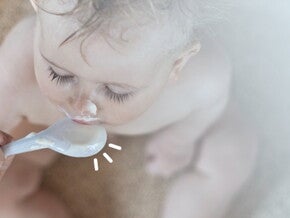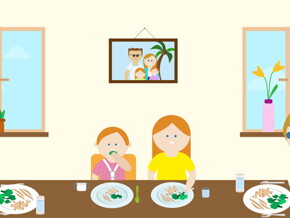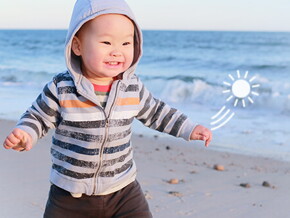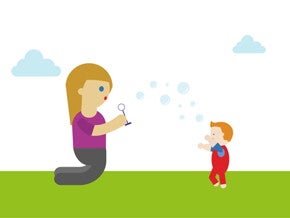
Sleep is essential for your little one’s healthy growth and development. Experts recommend that toddlers get between 11 and 14 hours of total sleep each day. You may be surprised to learn that scientists have found a link between inadequate sleep and the risk of unhealthy weight gain in toddlers.
One large study found that toddlers who had shorter nighttime sleep at 16 months of age consumed more calories five months later. The extra calories mainly came from milk drinks, most often before midnight. On average, the toddlers who slept less than 10 hours took in almost four times as many additional calories per day compared to those who slept more than 13 hours.
Studying sleep
Researchers are actively exploring the link between short sleep and obesity. Several explanations have been suggested for this including:
- Increased calorie intake
- Decreased levels of exercise and activity
- Increased screen time
- Changes to the hormones that regulate hunger and fullness
- Unhealthy diet and eating habits
These studies are ongoing for children, yet the conclusions so far are limited to adults. For example, adults who are tired from lack of sleep may be less active. In theory, this may be true for toddlers as well.
Lack of sleep has also been linked with hormonal changes in adults, according to research. When participants got reduced sleep, their bodies made less leptin (one hormone that makes you feel full) and made more ghrelin (one hormone that stimulates your appetite). While this link has been explored in adults, scientists are still studying the effects in children.
Parents should be aware of the potential links between sleep, activity levels, and weight. Making sure your toddler gets a good night’s sleep is one important thing you can do to promote their health, now and in the future.
Sources
Felso R, Lohner S, Hollody K, et al. Relationship between sleep duration and childhood obesity: Systematic review including the potential underlying mechanisms. Nutr Metab Cardiovasc Dis 2017; 27(9):751-61.
Fisher A, McDonald L, van Jaarsveld CHM, et al. Sleep and energy intake in early childhood. Int J Obesity 2014; 38(7):926- 9.
Hirshkowitz M, Whiton K, Albert SM, et al. National Sleep Foundation’s sleep time duration recommendations: methodology and results summary. Sleep Health 2015; 1(1):40-43.
McDonald L, Wardle J, Llewellyn CH, et al. Sleep and nighttime energy consumption in early childhood: a population-based cohort study. Pediatr Obes 2015; 10(6):454-60.



